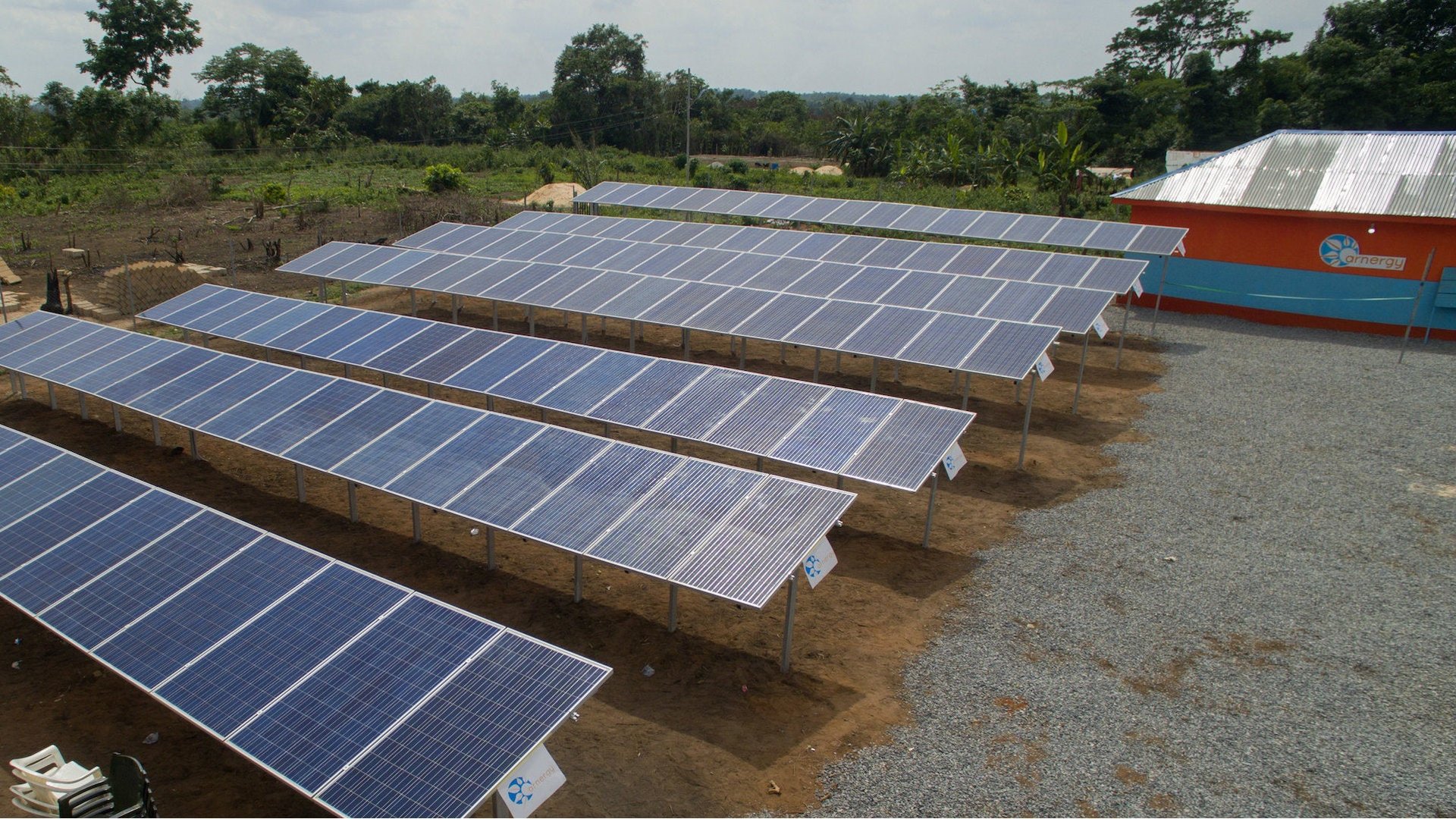A pay-as-you-go solar solution could kickstart renewable energy adoption in Nigeria
Nigeria’s electricity problems are well-documented. Only 18% of the working connections in Africa’s largest economy enjoy reliable electricity supply.


Nigeria’s electricity problems are well-documented. Only 18% of the working connections in Africa’s largest economy enjoy reliable electricity supply.
With the national grid largely unreliable and, in some places, non-existent, Nigerians have been typically forced to generate their own electricity for homes and businesses with expensively maintained gasoline-powered generators. In 2009, half of the country was estimated to own generator sets. The country’s electricity woes go on despite government’s plans to spend up to $13.5 billion over the last 16 years.
Renewable energy has been touted as an alternative but despite success stories from East Africa, its adoption in Nigeria has been held back by two major barriers. ”There is a perceived risk that solar power ‘does not work’ as many have doubted the efficacy of the technology,” Femi Adeyemo, CEO of Arnergy, a solar energy solutions company, says. “This, alongside the high cost, has typically made it a less attractive option for most Nigerians.”
This was a lesson Adeyemo learned alongside his co-founder Kunle Odebunmi when Arnergy kicked off operations in 2014. But the duo have now changed approach and launched a solar energy pay-as-you-go subscription model in Africa’s largest economy. Calling it a “solar rental system”, Arnergy allows customers in urban centers to lease solar equipment rather than purchase them while paying a fixed price ($30 per month) for the electricity generated and consumed. This solution, Adeyemo says helps “resolve the problem of high upfront costs.” With lower acquisition costs, the founders hoped more Nigerians will become disposed to adopting solar energy. The gamble appears to be paying off as Adeyemo says the company’s revenue for the year is projected to grow tenfold owing to vastly increased demand.
Arnergy’s pay-as-you-go solar power solution is novel in Africa’s largest economy and could help it stand out in a competitive market. With a majority of Nigerians unable to purchase solar power systems outright owing to its high costs, solar energy providers jostle in a small market. To increase their target market, many solar energy firms have taken to focusing their services on powering commercial and industrial outfits with deeper pockets.
While it has been a successful experiment in urban centers, Arnergy’s pay-as-you-go solution has proven more expedient in rural areas, where the electrification rate is 37% according to data from the International Energy Agency. Backed by Nigeria’s Bank of Industry, the firm deployed solar mini-grids across three previously off-grid villages in Nigeria, connecting and metering homes with end users paying less than $10 monthly for enough electricity to power LED light bulbs, a television and fan as well as charge mobile phones daily. With its rural projects now powering 600 homes across those three villages, Odebunmi says the company plans to replicate this model across the country. The company has already had state governments expressing interest in funding the deployment of Arnergy’s solution to boost electrification in their states.
While its operations in the rural areas are backed by the Bank of Industry which has also provided $600,000 in funding, the firm also received a $146,000 grant from the Solar Nigeria Programme, a UK Department for International Development funded initiative, in 2015. To meet customer demand which currently outstrips their capacity and stock, the founders are looking to raise more capital to accelerate growth. There’s just one problem: the founders say renewable energy is not yet considered a high growth area by investors. “Most venture capital firms in Nigeria currently prefer to invest in tech start-ups,” Adeyemo says.